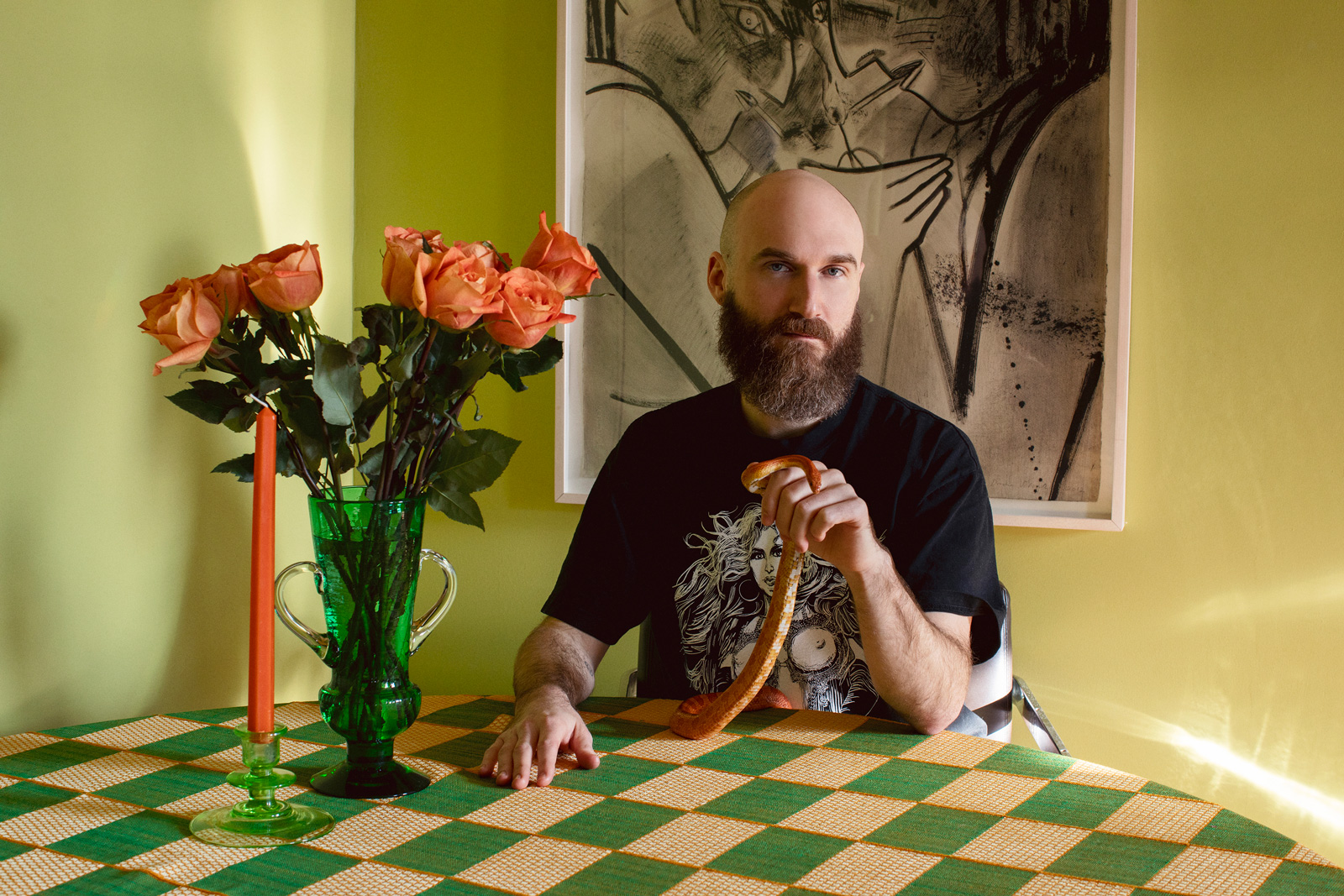
September 18, 2022
Jarrett Earnest
“I’m just a glamorous person singing about my life.” —Lana Del Rey
Subscribe to the show on Spotify
Complete playlist below; tracks in yellow were cut for time.
- Be My Baby, The Ronettes
- I Love How You Love Me, The Paris Sisters
- He Hit Me (It Felt Like a Kiss), The Crystals
- Zip-A-Dee-Doo-Dah, Bob B. Soxx & The Blue Jeans
- Christmas (Baby Please Come Home), Darlene Love
- I Wish I Never Saw the Sunshine, The Ronettes
- You’ve Lost That Lovin’ Feelin’, The Righteous Brothers
- Paradise, The Ronettes
- I Can Hear Music, The Ronettes
- River Deep Mountain High, Ike & Tina Turner
- A Love Like Yours (Don’t Come Knocking Every Day), Ike & Tina Turner
- Across the Universe, The Beatles
- My Sweet Lord, George Harrison
- Happy Xmas (Was Is Over), John Lennon & Yoko Ono
- Try Some, Buy Some; Ronnie Spector
- (He’s Got) The Whole World In His Hands, Dion
- Say Goodby to Hollywood, Ronnie Spector & The E Street Band
- True Love Leaves No Traces, Leonard Cohen
- Take Me Home Tonight, Eddie Money
- Love on. Rooftop, Ronnie Spector
Why do we love things that are bad for us? The brilliant artist, writer, curator, and critic Jarrett Earnest joins us with a playlist featuring songs by the phenomenally talented musical impresario (and eventual murderer) Phil Spector, the incredible singer (and eventual memoirist) Ronnie Spector, and many other artists who worked with them.
Phil Spector was part of the midcentury tradition of hiding secrets and sadness in plain sight—especially in Christmas songs. Ronnie Spector was a gutsy girl from East Harlem who, along with her sister and cousin, created an entirely new kind of female pop star. Her emotional honestly and raw moxie inspired generations of fans.
How do we reconcile the unbelievable violence that Phil Spector enacted in his personal life with his uncanny ability to transform talented artists into icons? How do we understand our own affection for deeply offensive songs? Earnest proposes that this vexing frisson of moral ambiguity in pop music is in the territory of art.
Jarrett Earnest’s own work—from his survey of art criticism What it Means to Write About Art, to his more personal book project, Valid Until Sunset (fall 2023)—constructs an erudite and scholarly architecture from which to engage in risky, beautiful, and sometimes painful forays into sensation, aesthetics, memory, fantasy, and feeling. He brings all this, humor, and a genuinely awful John and Yoko song to the show.
“Open your eyes, open your ears, and open your heart.”
Jarrett Earnest is an artist, writer and curator living in New York City. His books include What It Means To Write About Art: Interviews with Art Critics (David Zwirner Books, 2018), The Young and Evil: Queer Modernism in New York 1930-1955 (David Zwirner Books 2020), Painting is a Supreme Fiction: Jesse Murry Writings, 1980-1993 (Soberscove, 2021), and Devotion: Today's Future is Tomorrow's Archive (Public, 2022). His writing has appears regularly in the New York Review of Books, among many exhibition catalogs and other publications.
Phil Spector was part of the midcentury tradition of hiding secrets and sadness in plain sight—especially in Christmas songs. Ronnie Spector was a gutsy girl from East Harlem who, along with her sister and cousin, created an entirely new kind of female pop star. Her emotional honestly and raw moxie inspired generations of fans.
How do we reconcile the unbelievable violence that Phil Spector enacted in his personal life with his uncanny ability to transform talented artists into icons? How do we understand our own affection for deeply offensive songs? Earnest proposes that this vexing frisson of moral ambiguity in pop music is in the territory of art.
Jarrett Earnest’s own work—from his survey of art criticism What it Means to Write About Art, to his more personal book project, Valid Until Sunset (fall 2023)—constructs an erudite and scholarly architecture from which to engage in risky, beautiful, and sometimes painful forays into sensation, aesthetics, memory, fantasy, and feeling. He brings all this, humor, and a genuinely awful John and Yoko song to the show.
“Open your eyes, open your ears, and open your heart.”
Jarrett Earnest is an artist, writer and curator living in New York City. His books include What It Means To Write About Art: Interviews with Art Critics (David Zwirner Books, 2018), The Young and Evil: Queer Modernism in New York 1930-1955 (David Zwirner Books 2020), Painting is a Supreme Fiction: Jesse Murry Writings, 1980-1993 (Soberscove, 2021), and Devotion: Today's Future is Tomorrow's Archive (Public, 2022). His writing has appears regularly in the New York Review of Books, among many exhibition catalogs and other publications.
